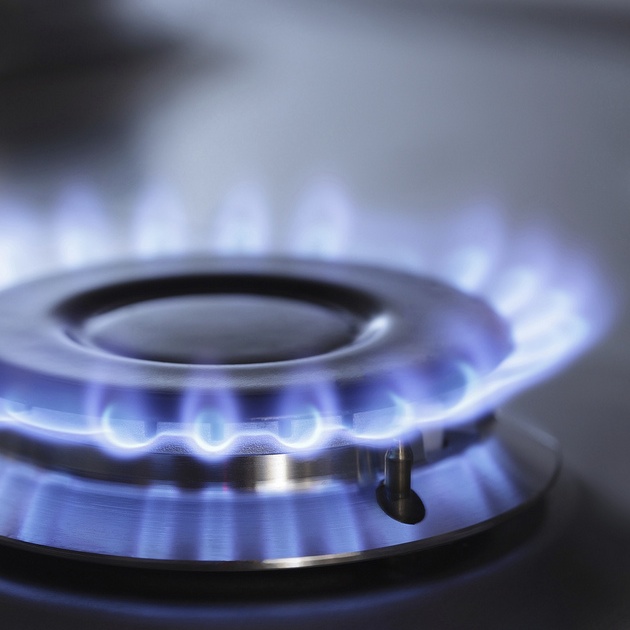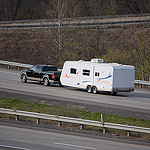What’s cooking with your RV stovetop and oven
Stovetops and ovens in an RV provide a safe, easy way to cook while on the road

Most stovetops and ovens in an RV will provide a safe and efficient cooking option for tasty home away from home cooked meals on those cold or rainy days or when camping without electricity. There is also a cost saving element as well. To be able to prepare a lunch or evening appetizers after a day of fishing, hiking or just having some friends over for dinner or snacks in your RV is very convenient.
There are three main manufactures of RV cooktops and stove/oven combinations units, namely Atwood Mobile Products, Suburban Manufacturing and Magic Chef. These products are available with many options and accessories.
An RV cooktop will usually consist of two burners with a 6500 British Thermal Units (BTU) rating and can be a slide-in or drop-in configuration. These units will likely be found in truck campers and smaller towable RVs. The stove/oven units will be affixed to the RV kitchen counter by a slide-in installation.
Earlier RV's will be supplied with a four-burner stovetop with all burners rated at 6500 BTU. Todays RV's will be supplied with a three-burner stove top, and the front burner will be closer to a residential stove rating of 9000 BTU or listed as a high output burner, with the remaining burners rated at 6500 BTU.
Both the cooktop or the oven combination unit are available in white, black, and stainless steel to better match other kitchen appliances like the fridge, coffeemaker or microwave.
The basic components of the stove/oven will consist of a supply line fitting at the stove regulator and a manifold to supply the stove burner valves and to the oven pilot and main burner assembly via the thermostat. The oven safety valve will only allow propane to flow to the burner when the pilot has been increased in size to engulf the capillary sensor. The newer oven will contain a thermocouple to extinguish the pilot in the event of a pilot outage.
Most RV ranges will have what is known as a linear gas control valve at the burners, which will provide control for your cooking needs from a low simmer to a high output supply. The ignition of the burners can be provided by a barbecue-type lighter, piezo sparker or electric spark ignition module. Most of the older stovetops had a pilot assembly located under the burner top.
Safety tips
When cooking on a stovetop it is advisable to only use a 10-inch skillet. An oversize pan will cause excessive heat buildup at the stovetop and damage the burner grate, burner and cooktop. It is also a good practice to use your range fan, ensuring the outside flap is open, and leave a window slightly open for fresh air and ventilation. The stove uses oxygen, which must be replaced to ensure proper ventilation.
When cleaning your cooktop burners, be careful not to plug the burner ports with cleaning products such as SOS pads or oven cleaners. Check the burner mounting screws to make sure they are tight so that the burner will not separate from the burner orifice.
If you have an unfortunate situation of a grease fire, do not use water to extinguish the flames and never pick up a flaming pan. Smother the fire with a tight fitting lid or cookie sheet. You can extinguish fire on the outside of the pan or pot with baking soda or a properly rated dry chemical fire extinguisher (Class B).
Never use a stovetop or oven for space heating. They are not intended for this use as they're not a direct-vent device like your RV furnace. Be cautious of the stove burner knobs when children or dogs are around. Most modern stove valves require slight inward pressure to engage the valve, but if you are still concerned simply remove the knobs and store them away.







